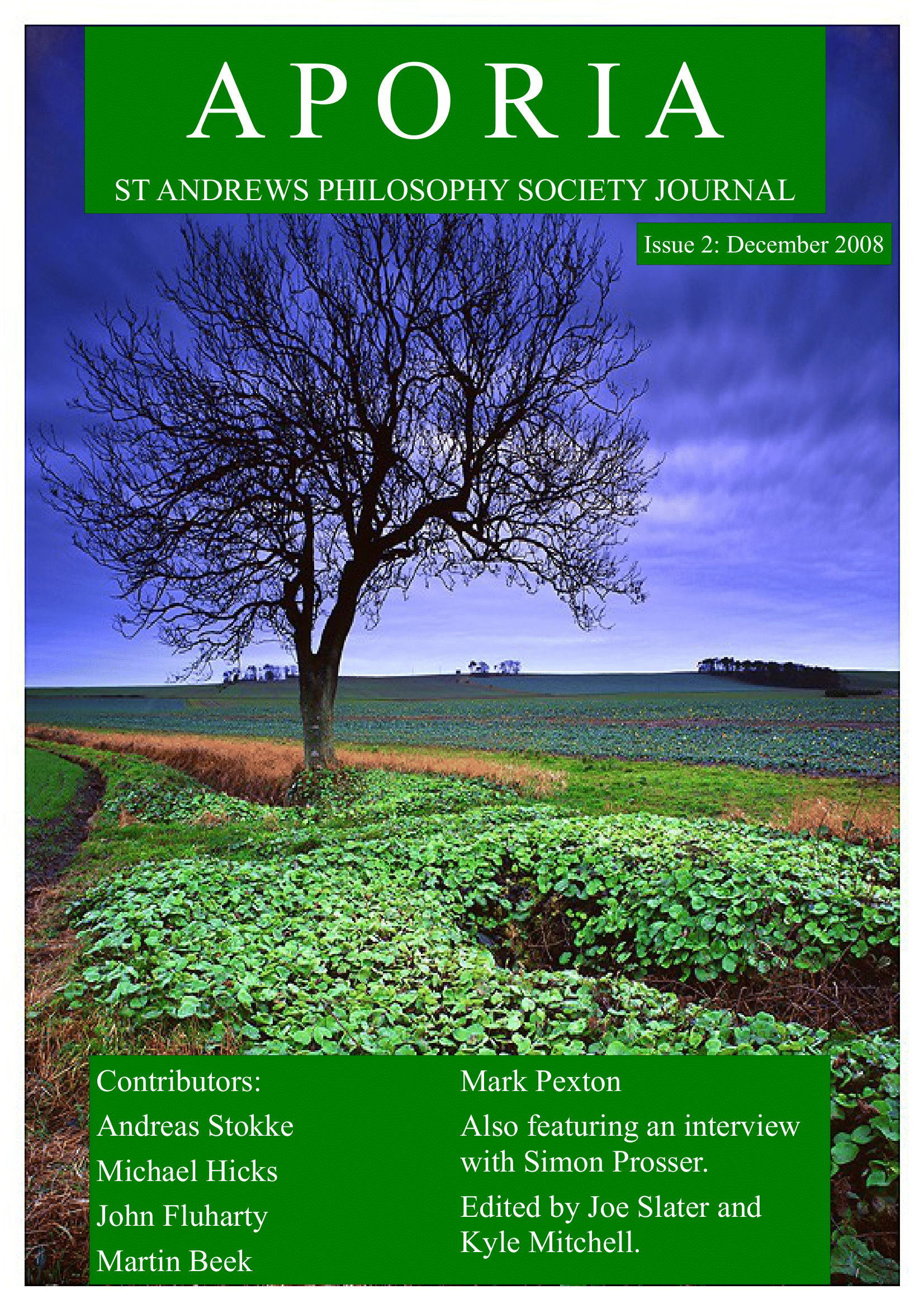Who Has My Thoughts?
Main Article Content
Abstract
The too many minds problem can be adapted to attack nearly every account of personal identity. The problem can be phrased loosely as a question: why do certain things count as people and others not? For example, if this human organism is a person, why isn't this brain also a person? It seems to be thinking; but I (the organism) insist that I am the person, and the brain is just a part of me. The problem also arises as an objection to "perdurantist" theories that maintain that persons persist by having temporal stages as proper parts; the perdurantist maintains that every person is made up of a number of different "temporal parts" at different times, the maximal combination of which is a person. However, there doesn't seem to be any strong reason to deny personhood to every person stage, and they seem even more likely to be persons than brains—they can look at themselves in the mirror, scratch themselves, pick their noses, and perform all sorts of other actions typically associated with persons that brains just cannot. While each version of the problem attacks a different view, they all rely on the same fundamental intuitions and can be presented by essentially the same argument. In this paper I will canvass a few of the ways in which the argument has and can be applied and show how they can all be easily resisted by blocking a central premise.
Article Details
Author's retain copyright, but give their consent to Aporia to publish their work.

